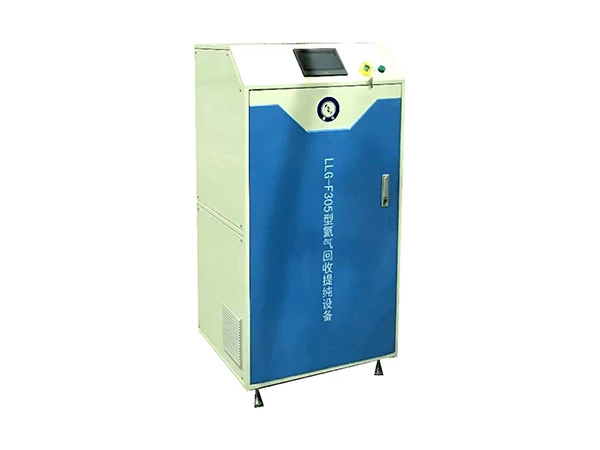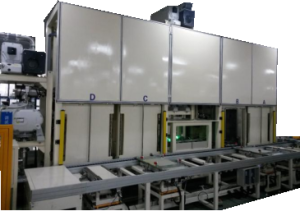Introduction
The maintenance of vacuum chamber helium leak detection systems is crucial to ensure optimal performance, accurate results, and prolonged equipment lifespan. These systems play a vital role in various industries that require leak-free environments, such as aerospace, semiconductor manufacturing, and scientific research. In this article, we will explore the essential aspects of maintaining vacuum chamber helium leak detection systems, providing valuable insights for industry professionals and technicians.
Regular Inspection and Cleaning
Regular inspection and cleaning are essential for maintaining vacuum chamber helium leak detection systems. This involves inspecting the system components, such as the vacuum chamber, valves, fittings, and helium mass spectrometer, for any signs of wear, corrosion, or contamination. Cleaning should be performed using appropriate solvents and methods recommended by the equipment manufacturer to remove any accumulated debris, oil, or other contaminants that may interfere with accurate leak detection.
Calibration and Testing
Calibration and testing are critical steps in ensuring the accuracy and reliability of vacuum chamber helium leak detection systems. Regular calibration of the system’s instruments, including the helium flow meter and pressure gauges, should be performed using certified traceable standards. This helps maintain measurement accuracy and allows for the identification of any drift or inaccuracies in the system. Additionally, routine testing with known leak standards is necessary to validate the system’s sensitivity and performance.
Seal and Gasket Maintenance
Effective sealing is essential for the proper functioning of vacuum chamber helium leak detection systems. Regular inspection and maintenance of seals and gaskets are necessary to prevent air leaks and ensure the integrity of the vacuum environment. It is crucial to check for signs of wear, degradation, or misalignment in the seals and gaskets and replace them when necessary. Proper lubrication should also be applied to ensure smooth operation and prevent damage to the seals.
Vacuum Pump Maintenance
The vacuum pump is a vital component of helium leak detection systems. Proper maintenance of the vacuum pump ensures its longevity and efficient operation. This includes regular inspection of pump filters and oil levels, as well as timely oil changes and filter replacements. Adhering to the manufacturer’s guidelines for maintenance intervals and procedures is crucial to avoid pump failure or decreased performance, which can affect the overall leak detection process.
Safety Considerations
Safety should always be a top priority when maintaining vacuum chamber helium leak detection systems. Technicians should follow proper safety protocols, including wearing appropriate personal protective equipment (PPE) such as gloves, goggles, and respiratory protection. Adequate training on handling helium gas and knowledge of potential hazards associated with the system are essential. Regular checks of gas cylinders, pressure relief valves, and gas supply lines should also be conducted to ensure safe operation.
Documenting Maintenance and Repairs
Maintaining comprehensive records of all maintenance activities and repairs is essential for traceability and future reference. These records should include details of inspections, calibration results, cleaning procedures, repairs, and any modifications made to the system. Documenting the maintenance history allows technicians to track the system’s performance over time, identify recurring issues, and plan proactive maintenance strategies.
Conclusion
Proper maintenance of vacuum chamber helium leak detection systems is paramount to ensure optimal performance and accurate results in various industries. Regular inspection, cleaning, calibration, seal and gasket maintenance, vacuum pump maintenance, safety considerations, and thorough documentation are key aspects of a robust maintenance program. By implementing these practices, industry professionals can maximize the effectiveness and lifespan of their vacuum chamber helium leak detection systems.








